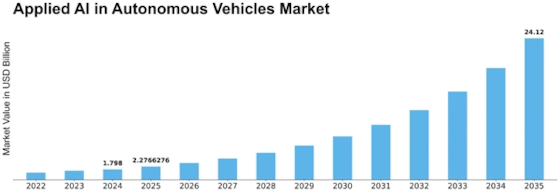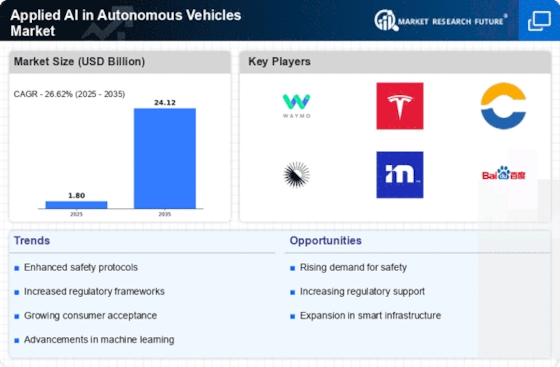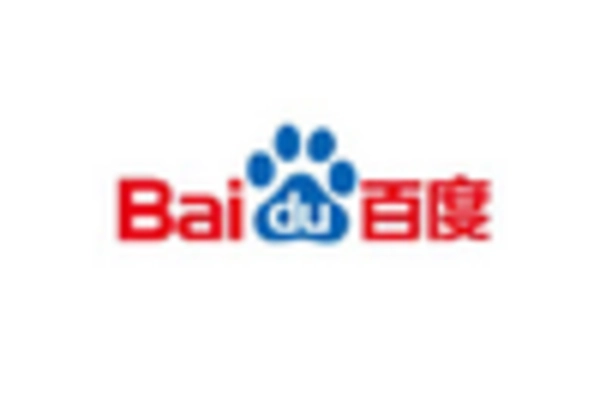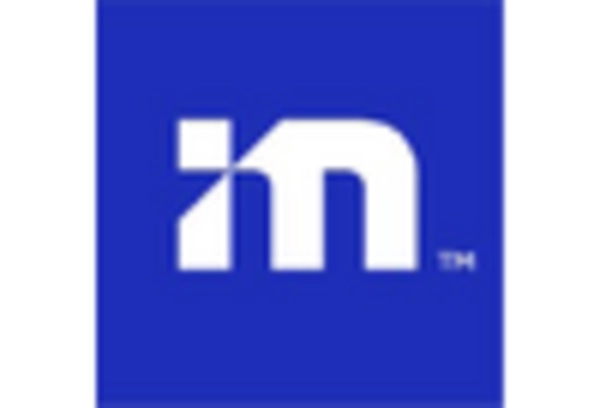Applied Ai In Autonomous Vehicles Size
Applied AI in Autonomous Vehicles Market Growth Projections and Opportunities
One major factor behind the market dynamics of Applied AI in Autonomous Vehicles is enhanced safety and efficiency in transportation. To this end, autonomous vehicles rely on AI algorithms that can decipher data from a range of sensors like cameras, radar, lidar and GPS to sense and move in an environment around it. This real-time processing and analysis by AI allows AVs to recognize obstructions, other vehicles, pedestrians as well as make instant decisions for safe journeying. Continuous development of AI systems for autonomous vehicle applications has been driven by the need to improve road safety and minimize accidents. Development of machine learning and deep learning affects significantly the market dynamics of Applied AI in Autonomous Vehicles. Through their ongoing ability to learn from new situations, these AI algorithms help autonomous cars handle changing complex driving scenarios better. For example, car autonomy can be achieved through ML by allowing a vehicle to recognize patterns predict behavior as well as refine its decision making abilities over time. Deep learning which represents part of ML techniques is specifically good at dealing with huge volumes of sensor data thereby drawing meaningful conclusions that enhance the robustness of AI systems used in autonomous vehicles. Furthermore, there is demand for increased user experiences and convenience; an influence instrumental in shaping the market dynamics for Applied AI within Autonomous Vehicles. The interaction between passengers and self-driving cars is made more engaging by certain features such as Natural Language Processing (NLP), interface customization or personalized settlings among others that are enabled by using Artificial Intelligence (AI) technologies. When combined into infotainment systems, connectivity aids and user interfaces based on AI contribute towards efficient travelling experience. In order to achieve consumer acceptability towards driverless technology it becomes essential to have user driven Al applications with human centered designs as we move beyond just concepts into practicality stages.



















Leave a Comment